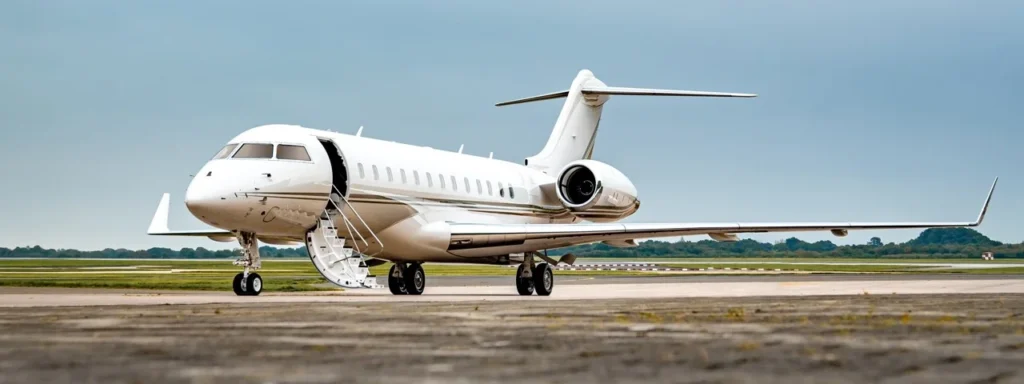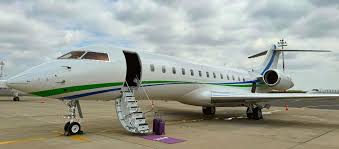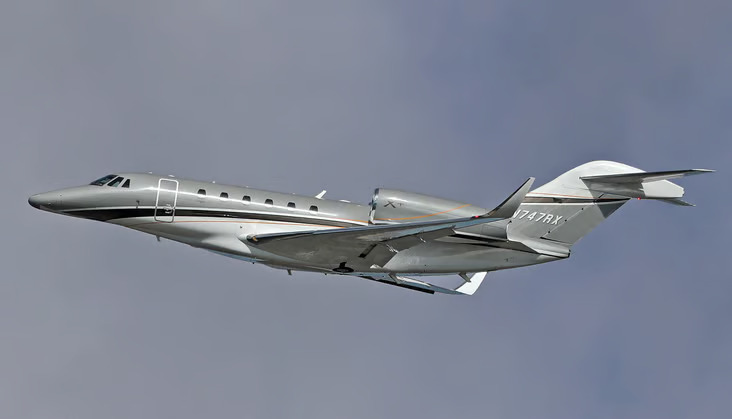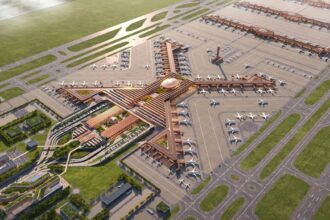At a Glance
- Africa now operates 418 business jets as private aviation expands across key markets.
- South Africa, Kenya, and Nigeria lead fleet growth amid rising corporate and charter demand.
- Regional market projected to top $1.5 billion by 2030, fueled by rising wealth.
Africa’s private jet market is soaring, reaching 418 business aircraft across the continent as part of a booming MENA business aviation sector nearing $1 billion.
Africa’s private jet market takes off
According to new data from the African Business Aviation Association (AfBAA) and the Middle East & North Africa Business Aviation Association (MEBAA), Africa’s elite and corporate travelers are fueling record growth.
South Africa, Kenya, and Nigeria lead the surge, with rising demand for executive charters, mining-sector flights, and medical evacuations powering expansion through 2030.

Fleet growth led by South Africa, Kenya, and Nigeria
South Africa remains the continent’s private aviation leader, with 137 business jets—by far the largest and most developed fleet in Africa. Kenya and Nigeria follow as key hubs for corporate, charter, and medical evacuation flights, serving a mix of business leaders, entrepreneurs, and government officials.
According to UAS International Trip Support, demand for charter flights across Africa has surged since 2023, boosted by renewed mining activity, cross-border trade, and tourism. Nairobi’s Wilson Airport, Lagos’ private terminals, and Johannesburg’s Lanseria Airport now rank among the busiest business-jet gateways on the continent.

MENA business aviation nears $1 billion
Research by Verified Market Research values the Middle East and Africa business-jet market at about $0.99 billion in 2024, placing MENA among the fastest-growing regions worldwide.
Growth is being fueled by an expanding pool of high-net-worth individuals, stronger corporate networks, and routes linking African capitals with Dubai, Riyadh, and major European business centers.
Honeywell Aerospace’s 2024 outlook points to sustained growth, supported by Gulf investment and a rise in African participation in international trade fairs, tourism, and sporting events.

Infrastructure challenges and investment opportunities
Despite the surge in demand, infrastructure continues to lag. Only a handful of airports—such as Lanseria in South Africa, Wilson in Kenya, and Kotoka in Ghana—offer full-service Fixed Base Operations (FBOs). Many others still lack maintenance and overhaul facilities, limiting regional expansion.
The AfBAA has called for harmonized regulations, lower permit fees, and better access to restricted airspace to make African skies more attractive for international operators. Companies like UAS International Trip Support are investing in on-the-ground networks to bridge these operational gaps.
Sectors behind the demand
The strongest users of private jets in Africa come from corporate travel, mining, emergency medical services, and luxury tourism—sectors that depend on speed, safety, and access to remote locations.
Nigeria’s oil and gas executives, Kenya’s tourism investors, and South Africa’s diversified charter firms account for much of the current demand. South African operators also run busy regional routes to Botswana, Namibia, and Mozambique, serving both leisure and business clients.

Africa’s aviation market set to double by 2030
Analysts expect Africa’s business-jet fleet to grow by 6–8% annually through 2030, driven by rising disposable income, fractional ownership schemes, and more accessible aircraft financing.
The MENA business aviation market as a whole is projected to exceed $1.5 billion by 2030, as both governments and private investors fund new hangars, runways, and digital flight services.
AfBAA CEO Rady Fahmy says, “Africa’s private aviation sector is moving from niche to necessity — it’s now an essential link for trade, investment, and mobility across the continent.”
Africa’s air elite take flight
With 418 jets in service and a billion-dollar regional market taking shape, Africa’s private aviation is no longer a status symbol—it’s part of the continent’s economic infrastructure.
From Johannesburg to Lagos and Nairobi, private aviation is helping business leaders, investors, and industries bridge vast distances—quietly powering the next chapter of Africa’s growth story.















